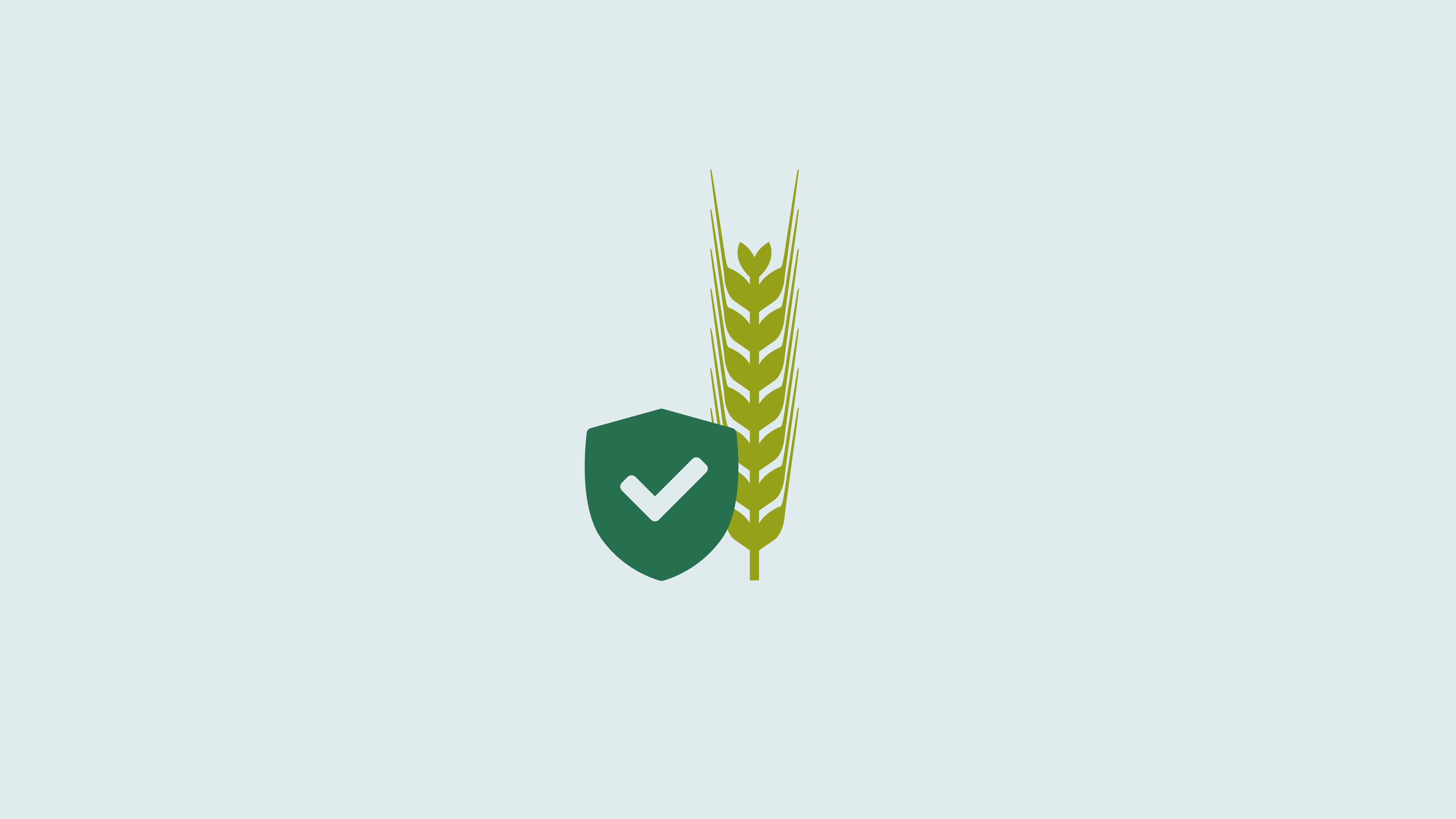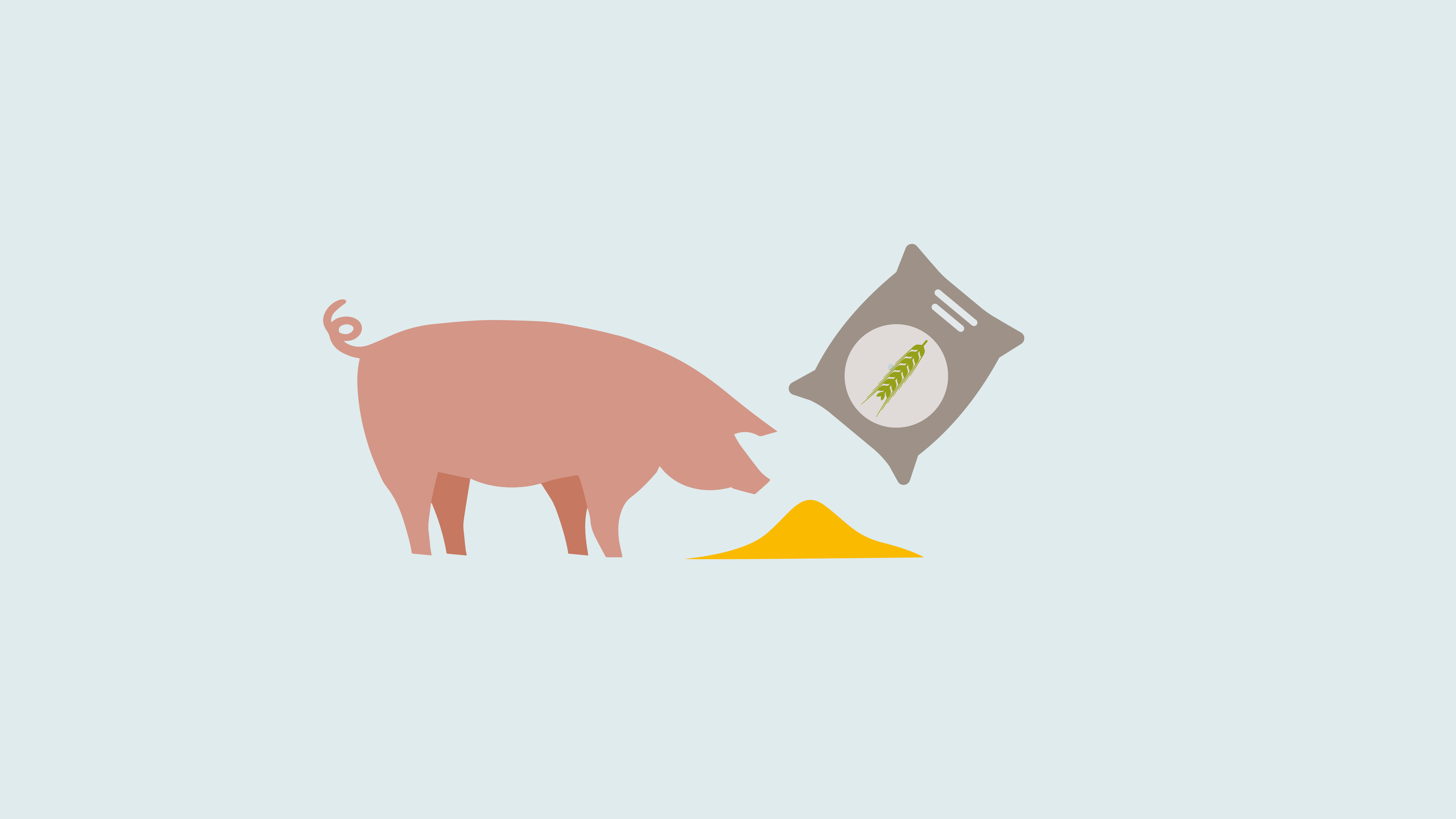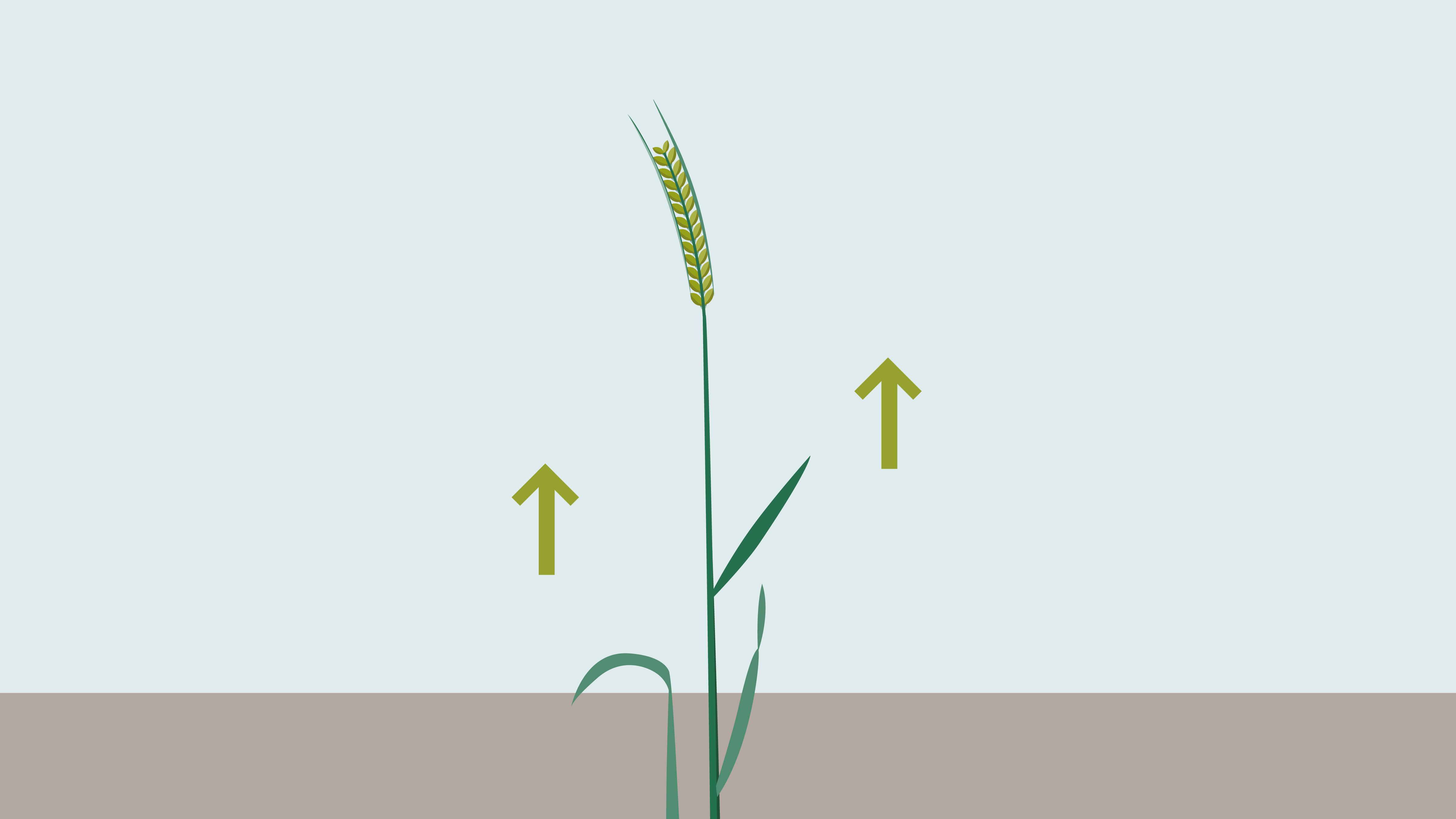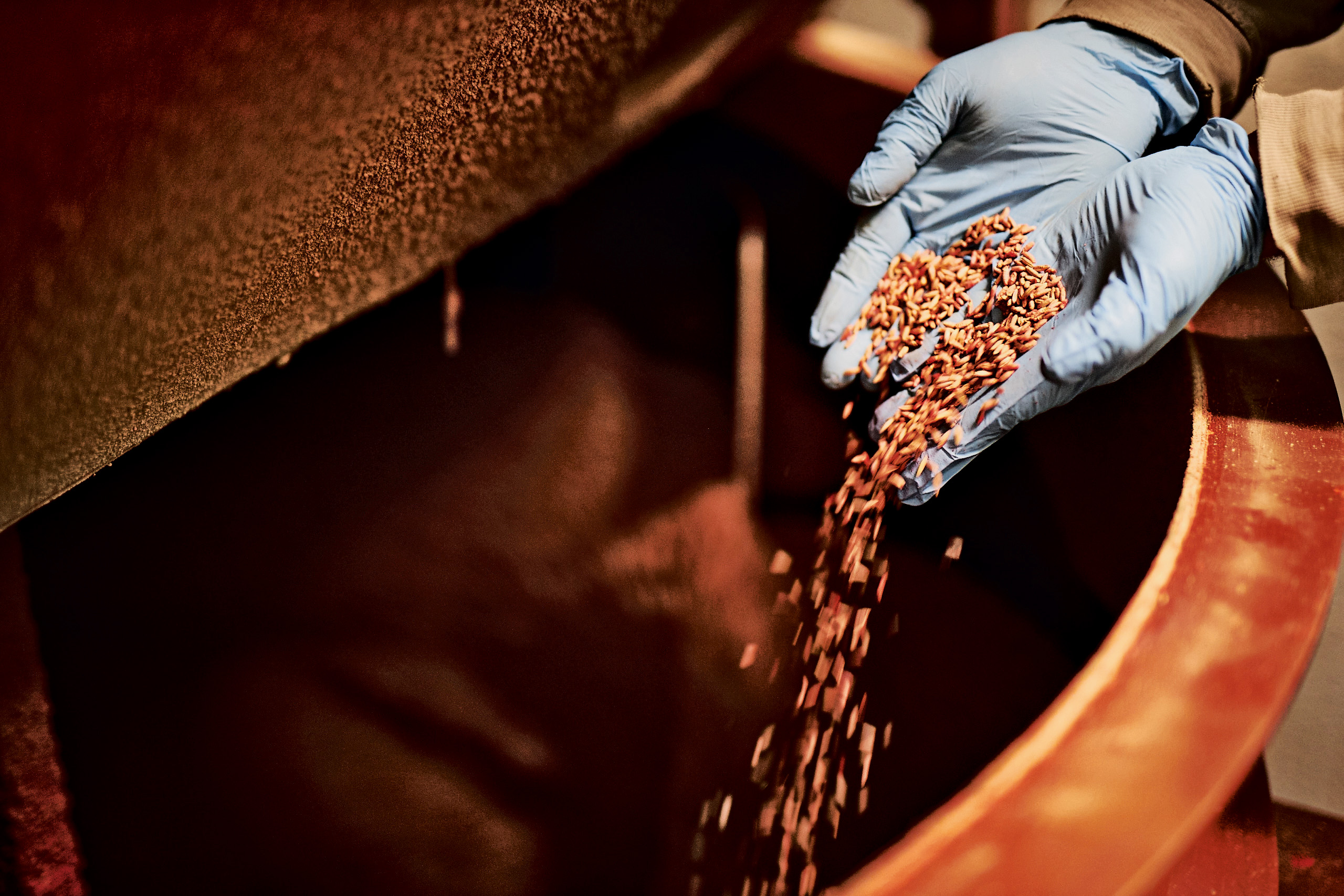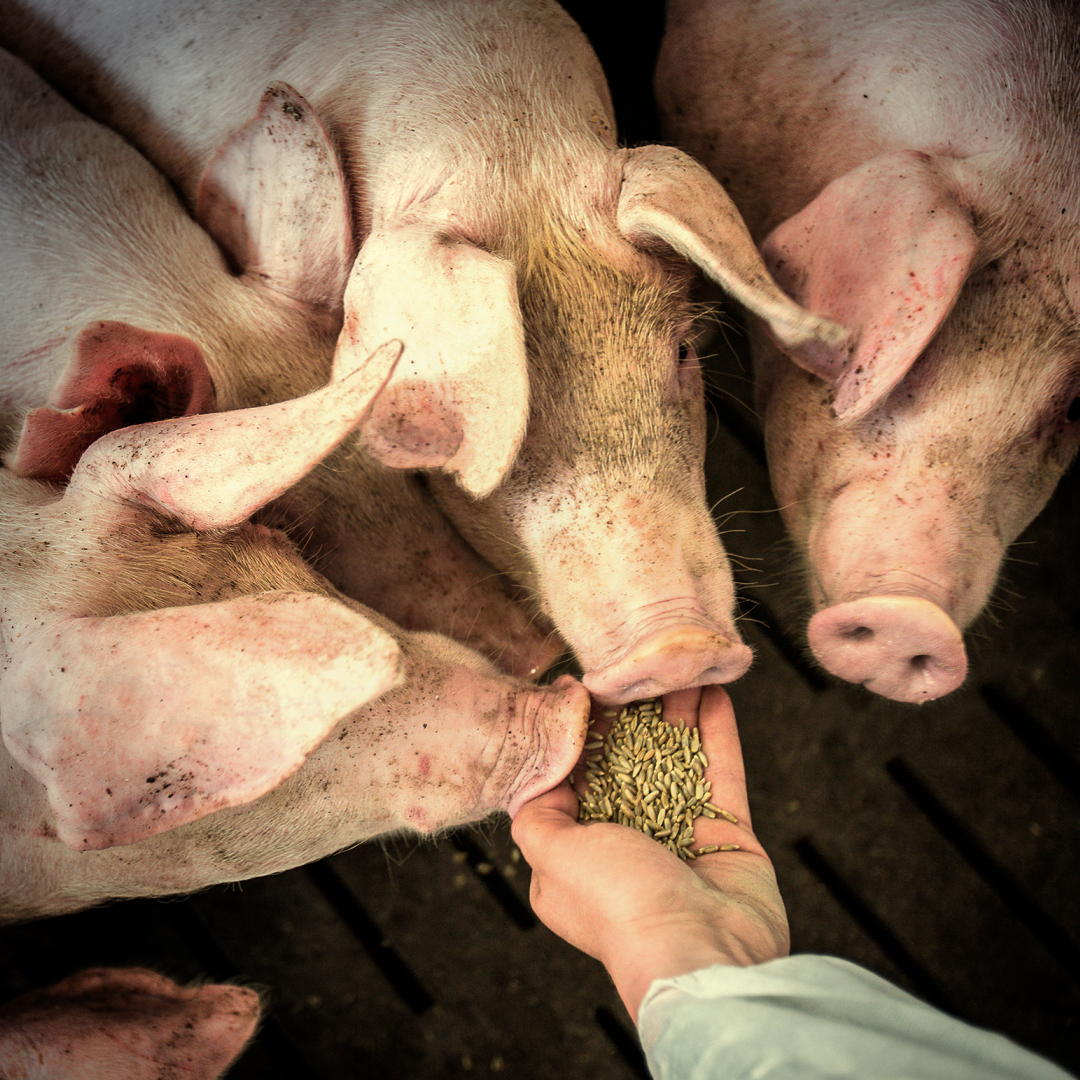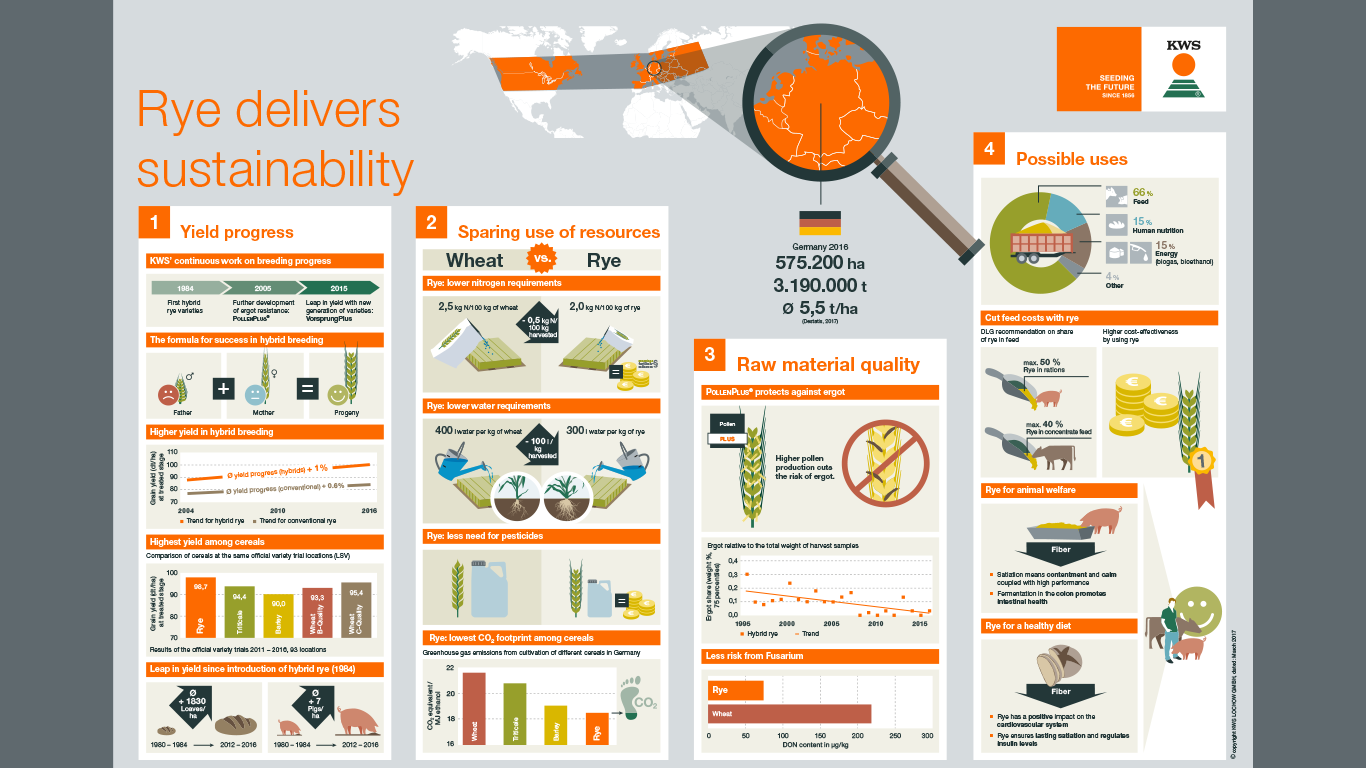-
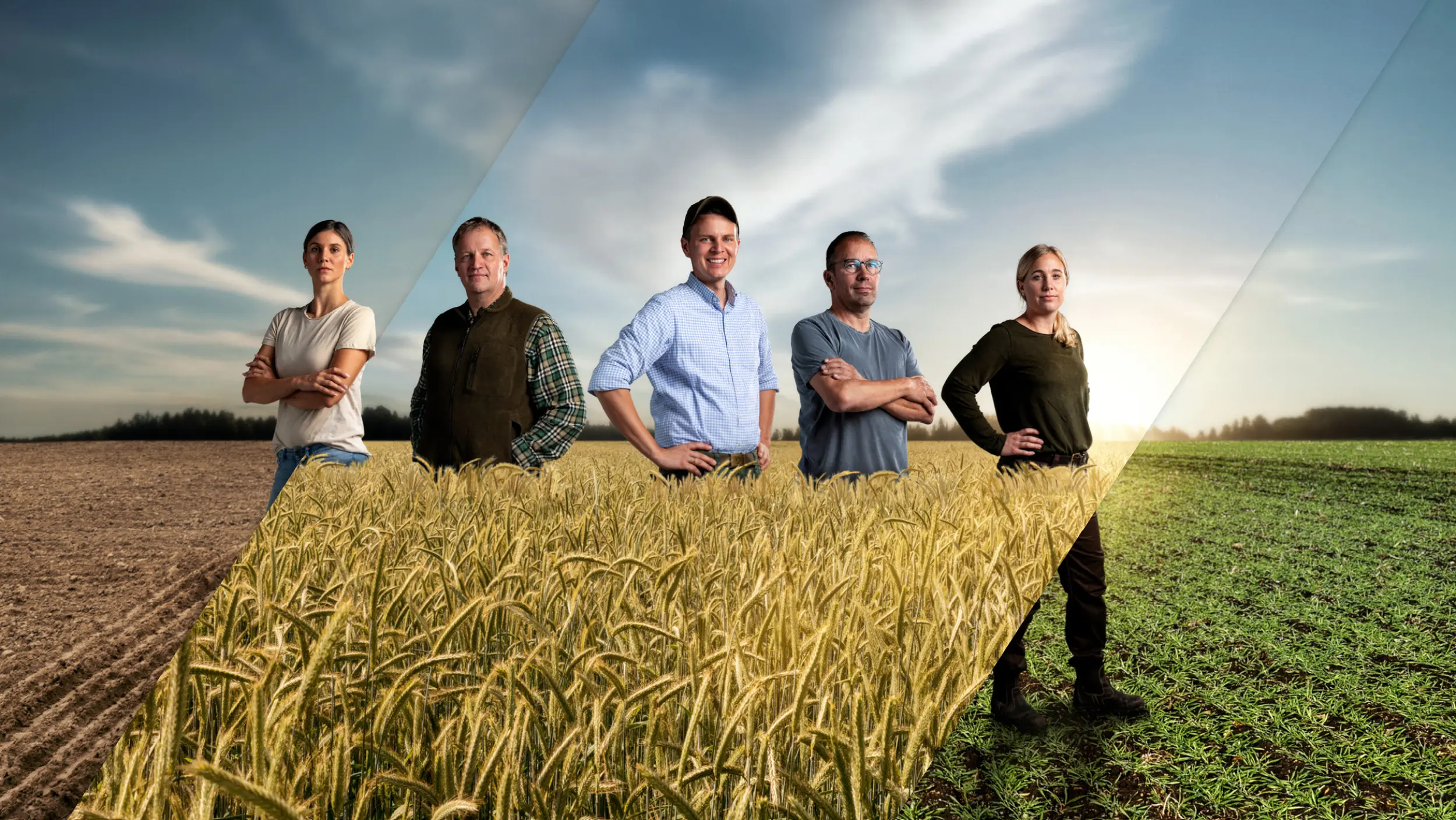
#GenerationRye
The future may come. Generation Rye.
Benefits of Hybrid Rye:
KWS is entering a new era of Hybrid Rye breeding towards crop adaptation, including the lifecycle and plant architecture of rye, to address new demands from climate change and agriculture.
One for High Efficiency:
KWS Classic Hybrid Rye
Efficiency can now be cultivated: Thanks to exceptional resistance and excellent plant health, KWS Classic Hybrid Rye delivers maximum results with minimum effort.
.jpg)
One for Flexibility:
KWS Flexible Hybrid Rye Count on the greatest possible flexibility:
KWS Flexible Rye offers a flexible sowing window - after sugar beet or grain maize, for example - and high yield potential at the same time.
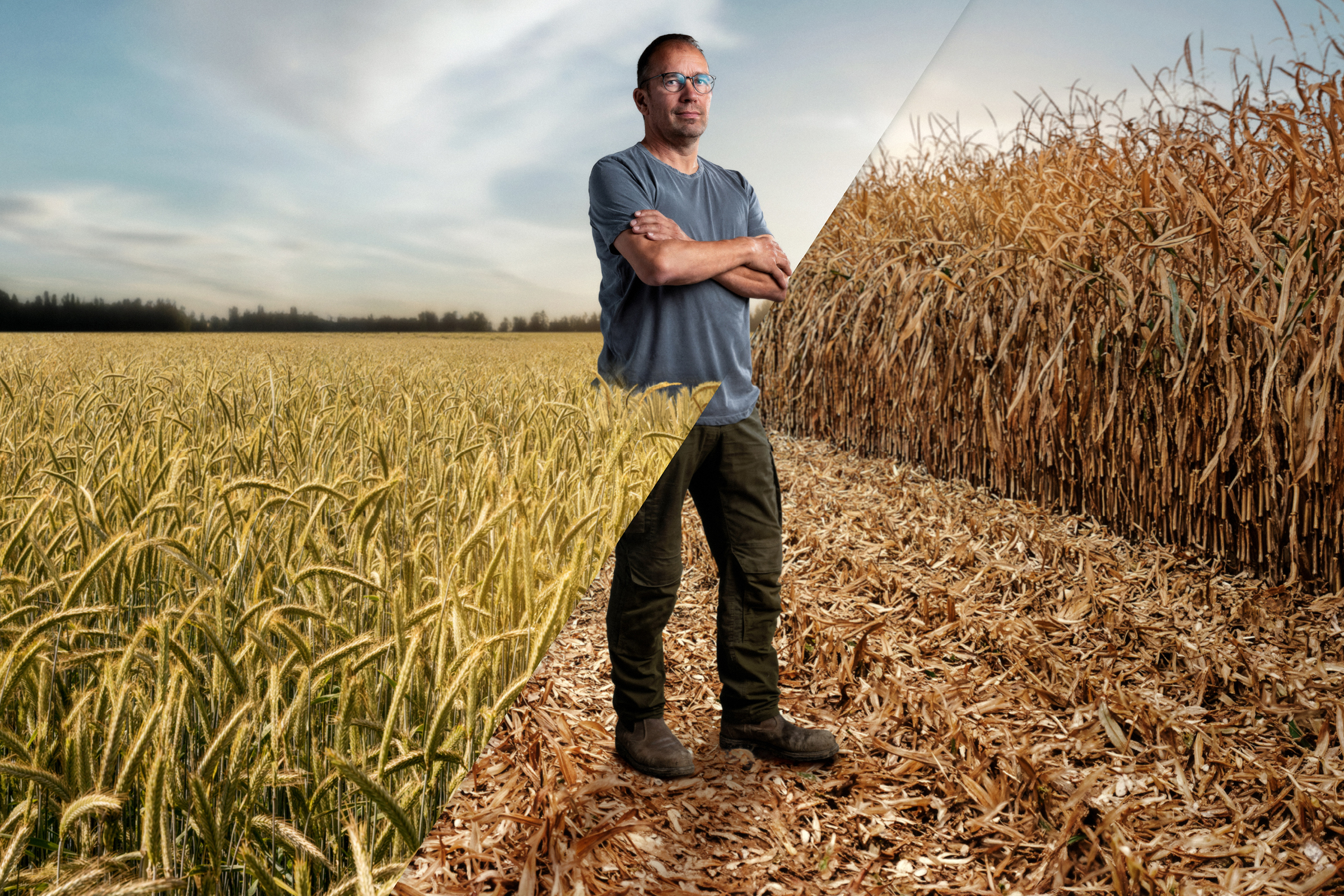
One for Stability:
KWS Short Hybrid Rye The new short, growing innovation:
A stable Hybrid Rye that is the best choice as a second cereal. Its efficiency gets the most out of your soils – short can really be great.
.jpg)
Demands less.
Brings more.
Hybrid Rye could be used up to
Hybrid Rye needs lower nitrogen requirements
Hybrid Rye has lower water Requirements
Hybrid Rye has the lowest
Hybrid Rye saves
Hybrid Rye – an added-value feed component
Beneficial for the immune system
New findings on feed value means rye is also interesting for pig fodder. Rye contains a lot of fiber and fructans, which are converted in the pig's colon into organic acids such as butyrate. These acids have a positive effect on intestinal health and intestinal flora. This is good for the immune system, because its function is determined by the microbial composition of the intestinal flora. Butyrate also contributes to salmonella reduction and lowers the boar taint caused by skatole. An extensive field trial confirmed these results.
Rye promotes animal welfare
Rye promotes animal welfare, because the high fiber content mans pigs feel satiated for a longer time. The blood sugar level remains stable, well-fed pigs are more satisfied and more relaxed – and what´s more, farmers note consistently high performance. In addition, fiber is good for the gastric mucosa, which help to prevent stomach ulcers.
Not afraid of ergot
Farmers used to be afraid to use rye for feeding, because of the ergot toxin, so rye was used only in small amounts. However, the latest breeds of KWS with the PollenPlus® breeding system are only slightly susceptible to ergot. They produce more pollen pollinating the stigma, so the risk of fungi settlement is reduced.
Hybrid rye: A strong crop, with strong characteristics!
Get to know the 360-degree advantages of rye – the 3D model of our KWS hybrid rye demonstrates the many advantages of a frequently underestimated crop! Its composition and structure make it a robust, sustainable and healthy grain that is able to stand up powerfully to the demands and challenges of the future.

